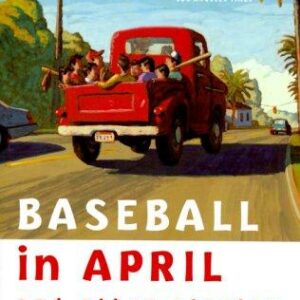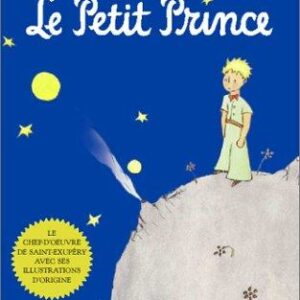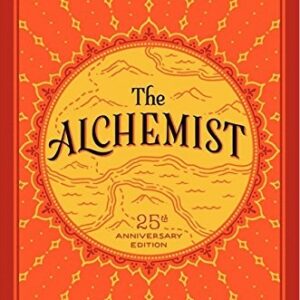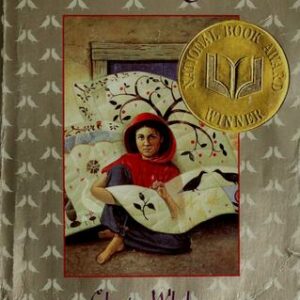Comics and Nation
$34.95
| Title | Range | Discount |
|---|---|---|
| Trade Discount | 5 + | 25% |
- Description
- Additional information
Description
Comics and Nation offers a fresh perspective on the role of popular culture in the one-hundred-year history of the Polish state, from its foundation in 1918 to the present. Drawing on dozens of press articles, interviews, and readers’ letters, Ewa Stańczyk discusses how journalists, artists, and audiences used comics to probe the boundaries of national culture and scrutinize the established notions of Polishness. Critical moments of Poland’s political transformation ––the establishment of the interwar Polish Republic, the Cold War, the liberalization of the 1970s, the 1989 democratic transition, the turn to memory politics in the 2000s––have all been reflected in the history of Polish comics. Stańczyk offers new insights into how the production of homegrown comics and the influx of foreign works enabled commentators to express their fears, hopes, and disillusionment with political, economic, and cultural changes in Poland and beyond. At its core, Comics and Nation rethinks the impact of popular culture and transnational exchange on Polish nation building, citizenship formation, and the legitimation of power. Traces the production and reception of comics in Poland from 1918 through the post-Communist era to identify comics as a lynchpin of nation building and citizenship formation. “Comics and Nation is a welcome contribution to the growing interest in Central and Eastern European comics. Stańczyk carefully contextualizes Polish comics history within a web of influences from major comics cultures. Her findings will be valuable to many comics scholars, regardless of the languages and cultures of specialization.” —Maaheen Ahmed, author of Openness of Comics: Generating Meaning within Flexible Structures “Stańczyk presents a straightforward and elegant treatment of the otherwise complex phenomenon of transculturation in Polish comic art. Comics and Nation is a remarkable work that goes much further than existing appreciations of comics in Poland.” —Richard Scully, author of British Images of Germany: Admiration, Antagonism, and Ambivalence, 1860–1914 Ewa Stańczyk is Senior Lecturer in East European Studies at the University of Amsterdam. She is the author of Commemorating the Children of World War II in Poland: Combative Remembrance.
Maus arrived in Poland at a time when a much bigger discussion on Polish complicity in the Holocaust had been raging for quite some time. Only one year earlier, Jan Tomasz Gross’s groundbreaking and highly controversial book Sąsiedzi: Historia zagłady żydowskiego miasteczka (Neighbors: The Destruction of the Jewish Community in Jedwabne, Poland) was published in Poland. The book, which described the Jedwabne pogrom, perpetrated by Christian Poles on their Jewish neighbors in 1941, enraged the national conservative circles as well as triggering a collective soul-searching among the liberal elites. As far as the memory of World War II was concerned, the aforementioned protest was thus not an isolated incident. Like their predecessors elsewhere, the demonstrators in Kraków emphasized the suffering of Christian Poles at the hands of the Nazis, while attempting to challenge archival evidence that spoke of denunciation and murder committed by ethnic Poles on Jews. The Polish publication of Maus became part and parcel of this wider debate surrounding contested legacies of anti-Semitism in Poland—before, during, and after World War II.
…The story of Maus’s arrival in Poland illustrates a long-standing phenomenon of consumption and interpretation of foreign comics in a new national setting. It speaks to the misunderstandings and frictions that might arise following such a relocation, not only due to the content of the comic but also because of the medium used. In many ways, the story is characteristic of the wider trajectory of comics in Poland. As I show in the course of this monograph, since their appearance in the interwar Second Republic, comics elicited contradictory emotions, from deepest fascination to deepest dislike. They have been both enthusiastically consumed as colorful products of foreign popular culture and abhorred as a supposedly inferior medium that was feared to have a damaging effect on national culture. At different points in Polish history, the comic has been seen alternately as an intrinsically alien art form, which would never find a home in Poland, and a deeply coveted symbol of the West to be emulated and incorporated into the native realm. Debates surrounding comics have often gone beyond the comics’ mere subject matter. In the course of the twentieth and twenty-first centuries, the medium has become a pretext and a prop with which to tackle wider political, social, and cultural issues.
In this book, I propose that examining these debates can help us rethink the role of popular culture in nation building, legitimation of power, and citizenship formation, among other processes. More importantly, as I show here, many of these developments were informed by cultural exchange, border crossing, and the reimagination of foreign works, and much of the material gathered in this study reflects on the uncomfortable dynamic between local and imported models, their interdependence, and their dialogical relationship.
Primary: comics scholarsSecondary: historians
Introduction
Chapter 1 Comics in Interwar Poland: Between Homegrown Stories and Foreign ImportsChapter 2 The (Anti-)American Dream: Comics in Public Debates in the 1950sChapter 3 “Polish Europeans”: The Opening of the 1970sChapter 4 The Foreign Invasion: Comics and the Free-Market Economy in the 1990sChapter 5 Comics after 2000: Between Individual and Collective MemoryConclusionAdditional information
| Dimensions | 1 × 6 × 9 in |
|---|









